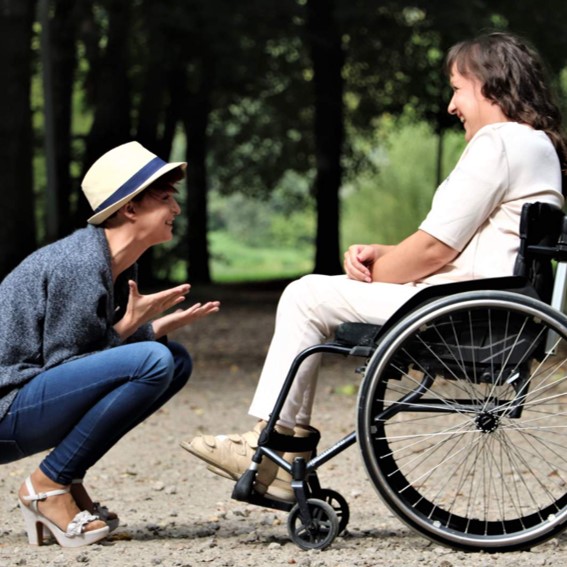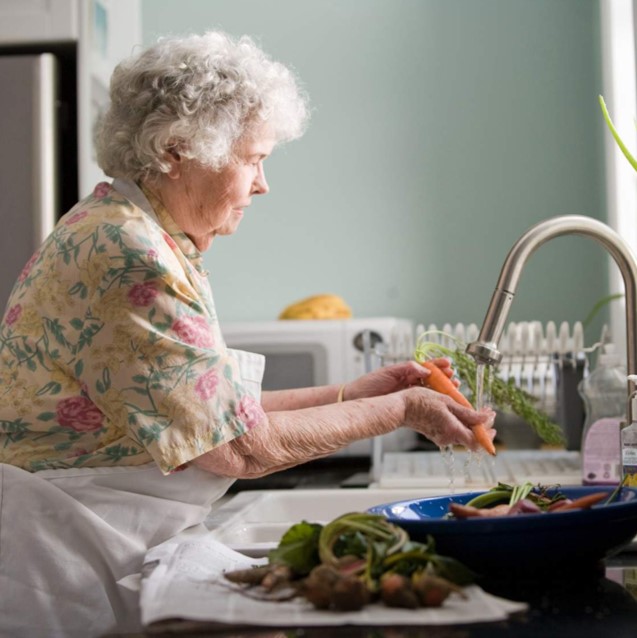Topic outline
-
Unit 2: Attributes and Skills
This part of the course covers value-based care, the importance of good communication, and working as part of a team.
-
 Values is a term commonly used within the context of social care but what does it actually mean? We know that values underpin our good practice that represent things that have intrinsic and personal worth to us. Miller (2000) describes values as something that is desirable for its own sake, while Fairbairn and Fairbairn (1987) describe them as the grounds on which decision-making is based.
Values is a term commonly used within the context of social care but what does it actually mean? We know that values underpin our good practice that represent things that have intrinsic and personal worth to us. Miller (2000) describes values as something that is desirable for its own sake, while Fairbairn and Fairbairn (1987) describe them as the grounds on which decision-making is based. -
 All care and social services workers who are registered with the Scottish Social Services Council are required to meet National Occupational Standards of communication for their particular role. You will learn about communication in more detail if you were to do a care course at a college or other organisation. You would also develop your knowledge, understanding and communication skills working on the job and as you progress through your career in social care.
All care and social services workers who are registered with the Scottish Social Services Council are required to meet National Occupational Standards of communication for their particular role. You will learn about communication in more detail if you were to do a care course at a college or other organisation. You would also develop your knowledge, understanding and communication skills working on the job and as you progress through your career in social care. -
 Social care workers support people from different backgrounds and with a range of abilities. They work closely with other professionals such as NHS staff, workers from the local authority and other agencies. Teamwork is the combined action of a group, especially when effective and efficient. This module will introduce you to the principles and importance of teamwork in a social care setting.
Social care workers support people from different backgrounds and with a range of abilities. They work closely with other professionals such as NHS staff, workers from the local authority and other agencies. Teamwork is the combined action of a group, especially when effective and efficient. This module will introduce you to the principles and importance of teamwork in a social care setting. -
 Enablement in care practice is about supporting individuals to live as independent a life as possible whilst living with illness or disability or due to the aging process. Enablement care workers work with other professionals to set goals with their service user on what they want to achieve or what skills they want to maintain. The intervention is very short term, usually only lasting 6 weeks and the support staff role is to be there to observe and verbally assist.
Enablement in care practice is about supporting individuals to live as independent a life as possible whilst living with illness or disability or due to the aging process. Enablement care workers work with other professionals to set goals with their service user on what they want to achieve or what skills they want to maintain. The intervention is very short term, usually only lasting 6 weeks and the support staff role is to be there to observe and verbally assist.
